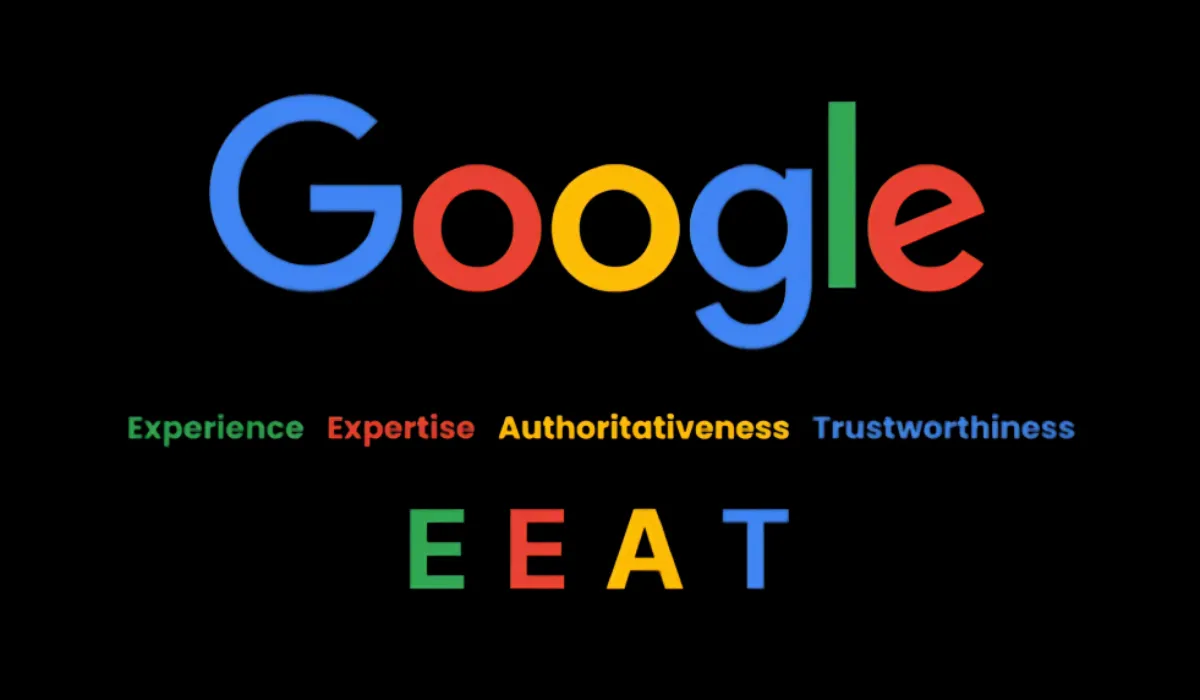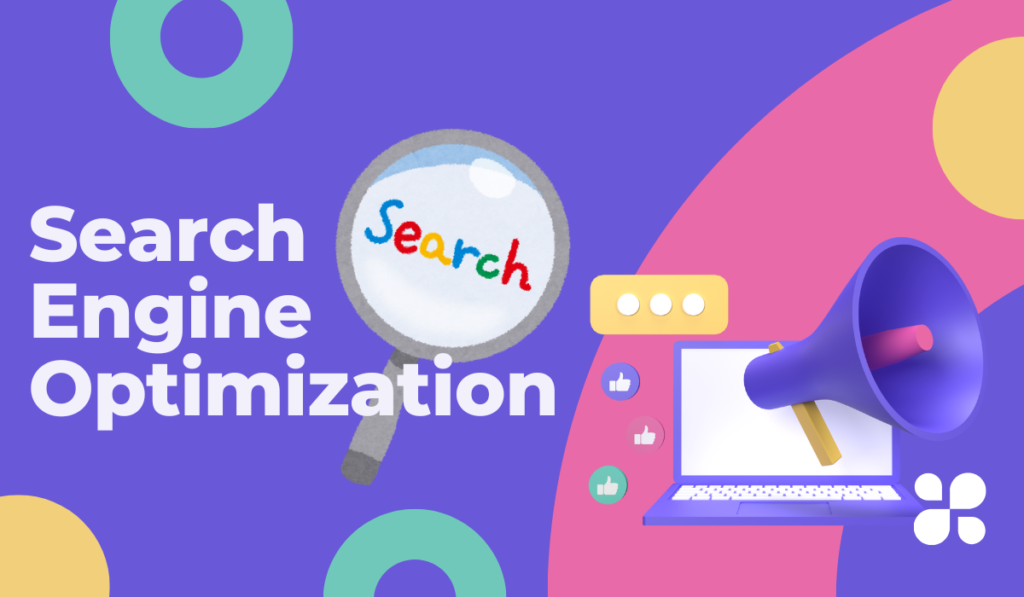
If you’re serious about improving your website’s rankings and attracting genuine traffic, you’ve probably heard about E-E-A-T. It stands for Experience, Expertise, Authoritativeness, and Trustworthiness — four critical factors Google uses to evaluate content quality and credibility.
But what exactly does E-E-A-T mean? How does it impact your SEO strategy? And most importantly, how can you improve your E-E-A-T to gain better visibility on search engines?
In this comprehensive guide, we’ll explore everything you need to know about E-E-A-T and how it directly influences your website’s success.
What is Google’s E-E-A-T?
Google’s mission is to organize the world’s information and make it universally accessible and useful. To achieve this, the search engine giant must ensure the content it recommends is trustworthy, accurate, and helpful.
That’s where Google E-E-A-T comes in — it’s part of Google’s Search Quality Evaluator Guidelines, used by both algorithms and human evaluators to assess content quality.
Let’s break down the components:
✅ Experience
This is the latest addition to E-E-A-T. Google wants to know if the content creator has real-world, first-hand experience on the topic. For example:
- A travel blog written by someone who visited the location
- A product review by someone who personally used the product
- A guide based on real case studies or personal knowledge
Content that reflects genuine experience often resonates better with users and builds more trust.
✅ Expertise
Is the content produced by someone with subject knowledge or qualifications? Google values expert insights, especially for complex or technical topics.
Examples of expertise include:
- A medical blog written by a certified healthcare professional
- A financial article created by an experienced advisor
- Tech tutorials from skilled developers
Even in lifestyle niches, practical expertise enhances content quality.
✅ Authoritativeness
This reflects your reputation within your industry or niche. Are you or your website recognized as a reliable source?
Signs of authority include:
- Backlinks from trusted websites
- Positive brand mentions on other platforms
- Established presence in your niche community
Authoritativeness often grows over time as your content earns recognition.
✅ Trustworthiness
The foundation of all online content. If users can’t trust your website, your rankings will suffer.
To demonstrate trustworthiness:
- Use HTTPS (SSL padlock)
- Provide clear contact information
- Ensure transparency about authorship and sources
- Display accurate, well-researched information
Trust is essential, especially for websites dealing with health, finance, or safety-related topics.

Why E-E-A-T Matters for SEO
You might wonder, does E-E-A-T directly affect rankings? The answer is — indirectly but significantly.
Google doesn’t treat E-E-A-T as a single ranking factor like page speed or mobile-friendliness. Instead, it influences how Google’s algorithms evaluate your content quality, which in turn impacts your ability to rank well.
Here’s how strong E-E-A-T benefits your SEO:
✔ Improved visibility in competitive search results
✔ Better rankings for sensitive topics like health, finance, or legal advice
✔ Increased user trust, leading to lower bounce rates and higher engagement
✔ Enhanced protection from Google algorithm updates targeting low-quality sites
In short, E-E-A-T helps your website establish credibility, which is essential for sustainable organic growth.
Industries Where E-E-A-T is Crucial
While E-E-A-T applies to all websites, it’s especially important for YMYL (Your Money or Your Life) topics — content that could affect users’ health, safety, finances, or overall well-being.
Examples of YMYL niches include:
- Health & Medical websites
- Financial services and investment platforms
- Legal advice blogs
- Product reviews and eCommerce sites
- News & information outlets
If your website covers these topics, weak E-E-A-T can significantly limit your rankings, while strong E-E-A-T helps build trust with both users and search engines.
How to Improve Your Website’s E-E-A-T
Building solid E-E-A-T takes time, but it’s achievable with consistent effort. Here’s how to strengthen each area:
1. Show Real Experience
Authenticity matters. Google wants to see that your content is based on real-world knowledge or personal experience.
Ways to demonstrate experience:
- Share personal stories, case studies, or examples
- Include actual photos, screenshots, or videos
- Write product reviews based on direct use
- Document step-by-step processes you’ve followed
Generic, AI-generated, or purely theoretical content rarely builds trust.
2. Highlight Your Expertise
If you or your authors have relevant qualifications, showcase them clearly:
- Add detailed author bios with professional credentials
- Link to personal LinkedIn profiles, certifications, or portfolios
- Collaborate with industry experts when creating content
- Cite credible sources and data in your articles
Even in niches like travel or lifestyle, highlighting expertise adds authority to your content.
3. Build Authoritativeness
Authority is earned over time through quality content and positive recognition. To grow your authority:
- Earn backlinks from reputable websites in your niche
- Contribute guest posts on well-known platforms like GuestBlog Cafe
- Engage with your industry community (forums, events, social media)
- Consistently publish accurate, helpful, in-depth content
Building authority strengthens your brand reputation and signals Google that your content is reliable.
4. Focus on Trust Signals
Trustworthiness is critical for users and search engines alike:
- Secure your site with HTTPS (SSL certificate)
- Display clear contact details and physical address if applicable
- Provide transparent privacy policies, terms of service, and disclaimers
- Ensure your site has no spammy ads or misleading information
- Encourage genuine user reviews or testimonials
A trustworthy website not only ranks better but also converts visitors into loyal readers or customers.

Common E-E-A-T Mistakes to Avoid
Even websites with good intentions can unknowingly harm their E-E-A-T. Watch out for these mistakes:
❌ Publishing unverified, low-quality, or copied content
❌ Using fake authors or hiding authorship details
❌ Ignoring website security (no SSL)
❌ Providing outdated or misleading information
❌ Neglecting proper website structure and user experience
Correcting these issues improves your content quality and builds long-term trust.
Does E-E-A-T Apply to All Websites?
Yes, but the level of scrutiny depends on your niche. YMYL topics face the highest E-E-A-T expectations. However, even entertainment, lifestyle, or hobby sites benefit from clear expertise, authority, and trust.
In short — the better your E-E-A-T, the more likely your website earns favorable rankings and user loyalty.
E-E-A-T and Future SEO Trends
As AI-generated content grows and misinformation spreads, Google is doubling down on rewarding authentic, trustworthy websites.
In the coming years:
✔ Experience-based content will rank higher
✔ Websites lacking transparency may lose visibility
✔ Authority and trust will outweigh thin, generic content
Websites that invest in E-E-A-T now will stay ahead, especially as Google refines algorithms to prioritize human-first, reliable content.
Final Thoughts: Prioritize E-E-A-T for Sustainable SEO Success
If you’re committed to growing your website’s authority, rankings, and audience trust, focusing on E-E-A-T is essential.
By demonstrating real Experience, proven Expertise, building Authoritativeness, and establishing Trustworthiness, you position your site for long-term success — even in competitive niches.
Remember, SEO isn’t just about pleasing algorithms; it’s about delivering genuine value to users.
Focus on E-E-A-T, and the rankings will follow.


